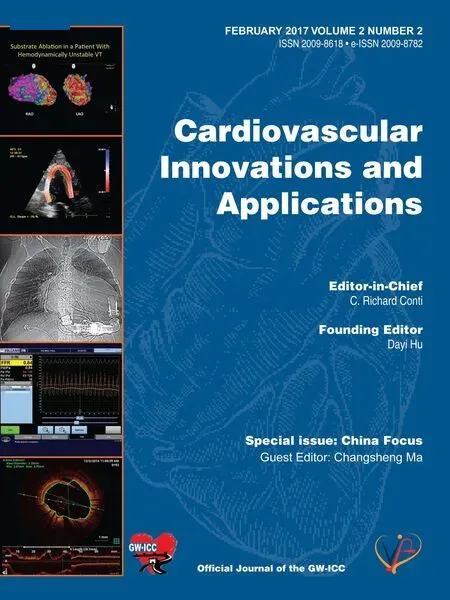Precision Medicine vs Medical Judgement
C. Richard Conti, MD, MACC
Some have suggested the term “Precision” medicine replace “Personalized” medicine. I don’t like either term and I’ll tell you why.
What is Precision?
The word Precision can be defined simply as reproducibility and does not necessarily mean that the diagnosis is accurate. Thus, if the medical decision is precise but not necessarily accurate it is not very useful. Accuracy is defined as being near to the true or desired value. e.g. consider a target on a rifle range; if the shots have a tight grouping anywhere on the target, they are precise but they are only precise and accurate if that tight grouping is in the Bull’s eye.
What is Personalized Medicine
Since I take care of one person at a time, (personalized medicine) I have been making medical decisions in the individual patient for a long time. I interpret the term personalized medicine as meaning, making decisions for the individual patient based on multiple pieces of information.
Medical Decision Making
In order to make the right medical decision (decision making is what we do) for the right patient at the right time, judgement is still required. To do this properly and to make the best decision for the patient, requires knowledge of multiple parameters.In other words, gather as much information as possible in order to make the appropriate medical decision, which hopefully is as precise and accurate as it can be. These multiple parameters include, medical information derived from risk pro files such as Framingham Risk, Clinical trials data, Family history, other conditions proven to have a detrimental effect on outcome, such as chronic kidney disease,obesity, diabetes, imaging studies, blood tests, functional studies, genetics and common sense (often related to experience). However, despite this reasonable approach, nothing including genetic profiles guarantee that all of these parameters will insure that the medical decision or outcome is accurate in the individual patient.
Genetic Data and Individual Prognostication
I believe that an individual’s genetic data are powerful risk factors but just like other risk factors they do not always result in the expected clinical phenotype or outcome. All risk factors, outlined above,including genetic profiling, apply to populations.Although most have statistical significance they may or may not apply to the individual. When all of the risk factors and conditions affecting outcome are evaluated for the individual, they may come close to being accurate for that person, but despite the near accuracy, prognostication of an individual’s outcome is still an educated guess.
Clinical Trials and Prognostication
In the case of clinical trials, they may apply to the individual if the individual meets the entry criteria for the trial. If not, the clinical trial means very little to the individual. I am all for being as precise and accurate as possible when making medical decisions about individual patients. Unfortunately,medical decision making based on parameters listed above is not as consistent (precise and accurate) as parameters related to Astro-physics. Some believe that “precision medicine will hit the bull’s eye”. To me that is a statement of “Hope” and I hope they are correct. My comment on that statement is “only if it is accurate”.
What Happens if Medicine becomes Precise and Accurate?
If medicine ever becomes “Precise and Accurate”based on the usual risk factors including genetics and conditions affecting outcome, there will be no need for judgement by physicians, in fact there may not be any need for physicians. In my opinion, in 2016, clinical judgement is still necessary to make medical decisions in the individual patient and it will stay that way for a long time.
 Cardiovascular Innovations and Applications2017年1期
Cardiovascular Innovations and Applications2017年1期
- Cardiovascular Innovations and Applications的其它文章
- Inherited Cardiomyopathies: Genetics and Clinical Genetic Testing
- The Role of Echocardiography in Hypertrophic Cardiomyopathy
- Rationale and Design of the Randomized Controlled Trial of Intensive Versus Usual ECG Screening for Atrial Fibrillation in Elderly Chinese by an Automated ECG System in Community Health Centers in Shanghai(AF-CATCH)
- Clinical Utility of Amlodipine/Valsartan Fixed-Dose Combination in the Management of Hypertension in Chinese Patients
- The Effect of Home-Based Cardiac Rehabilitation on Functional Capacity,Behavior, and Risk Factors in Patients with Acute Coronary Syndrome in China
- Depression, Anxiety, and Cardiovascular Disease in Chinese: A Review for a Bigger Picture
